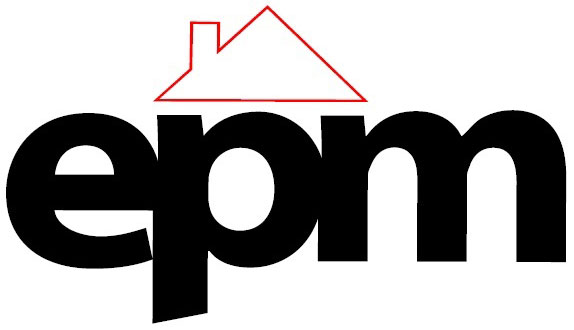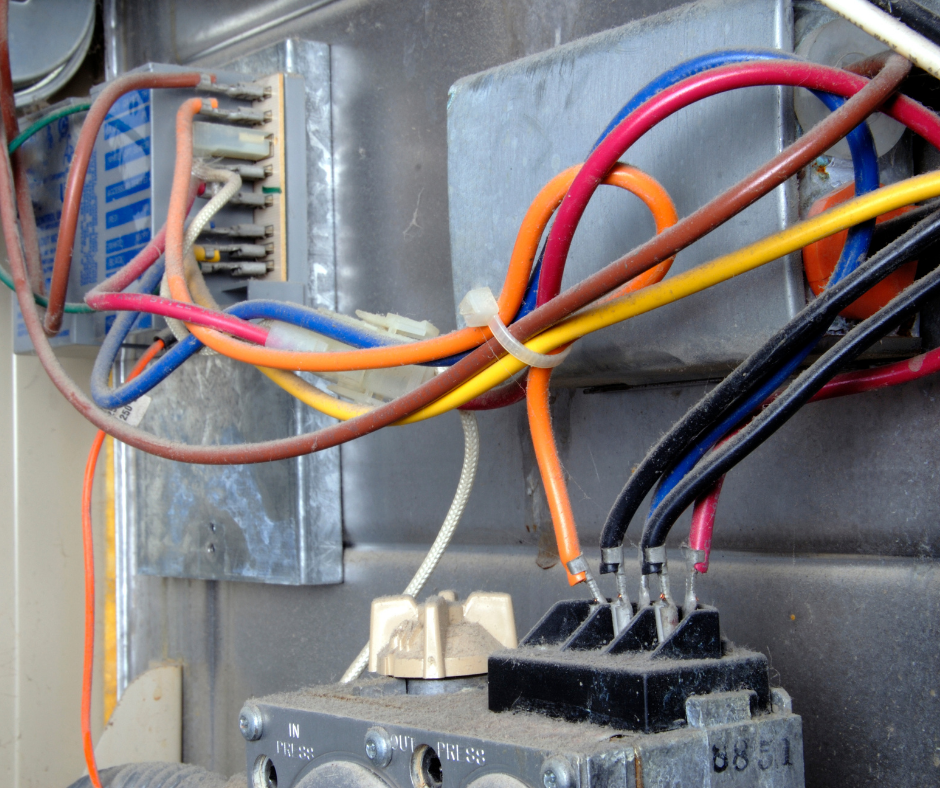It is a legal responsibility for landlords to have an electrical safety check on their rental property every 5 years.
What is an EICR?
The Electrical Installation Condition Report (EICR) covers the safety of electrical installations including switches, lighting, and sockets. An EICR is used to identify defects, deterioration, damages and/or conditions which may indicate potential danger, as well as providing recommendations for improvement within a given property.
Will I be given a certificate?
The electrician will issue a report which will determine whether the test and inspection is ‘satisfactory’ or ‘unsatisfactory’.
What if the report is unsatisfactory?
If the test and inspection is found unsatisfactory you will need to have any works or further investigations carried out within 28 days. If anything fails the inspection, it will need to be either replaced or repaired.
How are the electrics rated in an EICR?
Once the electrician has completed the test and inspection, they will produce a report including classifications which indicated if any problems have been found:
– Code C1 – Dangerous, immediate action required.
– Code C2 – Potentially dangerous, action required.
– Code FI – Further investigation required.
– Code C3 – Improvement recommended.
How long does an Electrical Installation Condition Report (EICR) last?
An EICR needs to be carried before a tenancy begins and a minimum of every five years after that.
How do I arrange an EICR?
Contact the office via phone (01392 927923) or email (office@e-pm.uk) or via our contact page.




